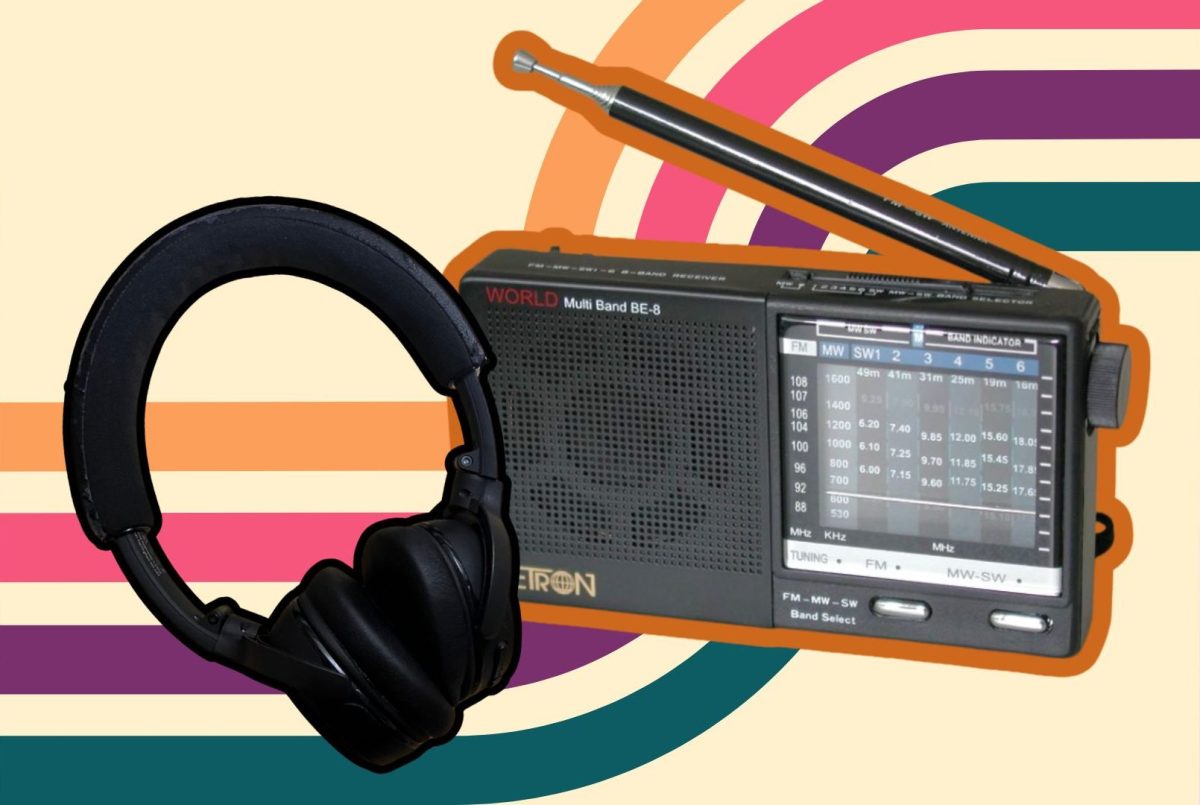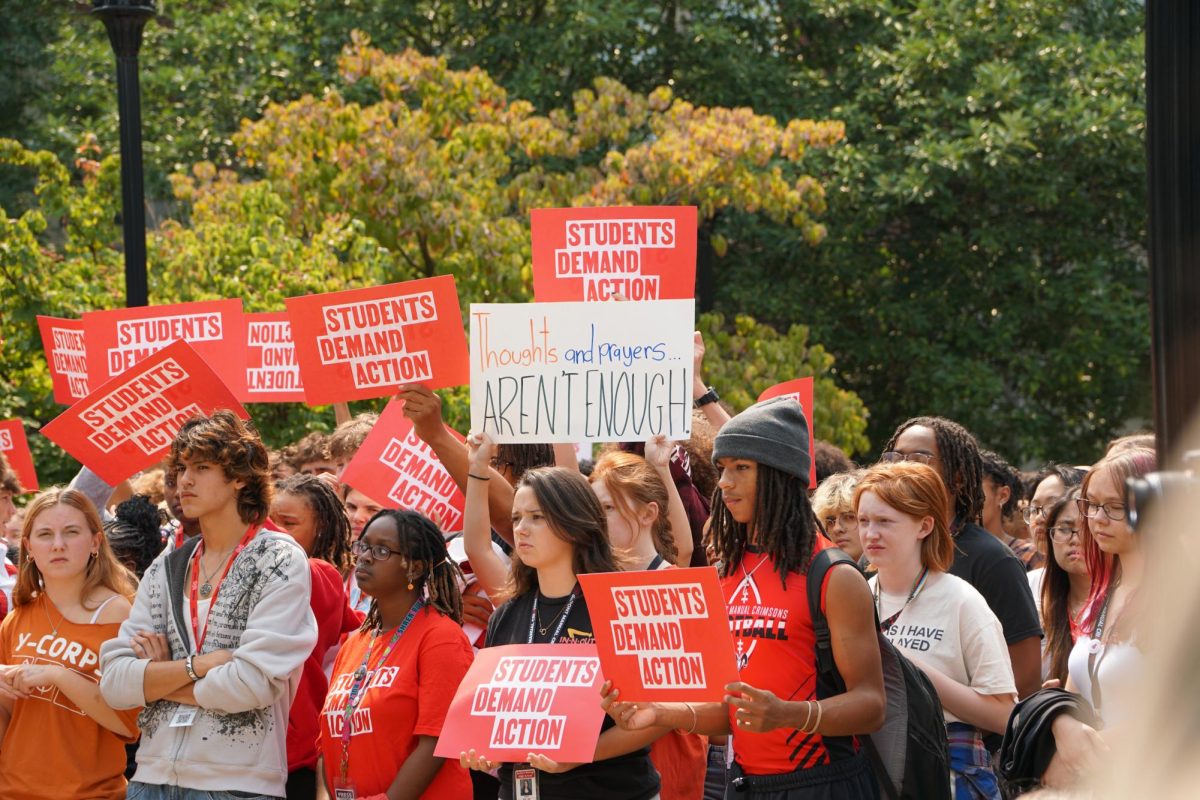On Nov. 5, Americans everywhere will head to the polls to cast their votes in the 2024 general election. This is a monumental day for the country as candidates are switched out, policies are altered, and the country chooses the President of the United States.
In Missouri, voters will not only choose their state and national representatives, but will vote on multiple constitutional amendments and propositions — one of them being Proposition A. Referred to by Missourians as Prop A, it will revise Missouri laws to increase the state minimum wage, a crucial change to society, from $12.30 per hour to $13.75 per hour in Jan. 2025 and, eventually, $15.00 per hour in Jan. 2026. The proposition will increase wages to match the Consumer Price Index to keep up with inflation past 2026.
Other states have had similar amendments on their ballots in previous years as the topic of increasing the minimum wage for workers has come into greater focus. A minimum wage increase in other states has been successful in the past, especially to lift people out of poverty. Amendments and propositions over this issue have also expanded the middle class.
“For the workers, [Prop A] would [provide] a higher salary that they could make, so that they could pay for more things like health insurance, groceries, cars, or houses and be able to upgrade those things,” social studies teacher and department chair Jeffery Chazen said.
For students, high school is the time when most get their first jobs – usually in the retail and food service industries. Students have many reasons to take up a job during high school, like gaining real-world working experience for college applications or simply saving money for personal purchases.
With the cost of college on the rise, it becomes even more important for students to make a comparable amount of money, working in minimum wage jobs. Junior Haven Suzda, a barista at Starbucks, notes the financial aspect of her decision to work.
“I choose to work because I want to save a little extra money for college, and just because I like to have extra money saved up,” Suzda said.
While Suzda currently makes more than minimum wage at her job, she still believes that it should be increased to support less fortunate people and their families. For those without a high level of education, it can be hard to get high paying jobs. Hence, working in minimum wage jobs is their only option, sometimes to support multiple others.
“I work with a woman who’s just a single mom and she’s trying to support her kids. I look at that and I think that we should increase the minimum wage,” Suzda said.
However, there is another side to the issue: who is going to pay for this increase in minimum wage?
“If business owners have to [pay for the increase in salary], they will have to raise prices in order to make up [for] that increase, because they’re not going to cut [it] out of their profits,” Chazen said.
Businesses might also have to lay off some workers in order to compensate for the rise in wages, which would disproportionately affect small businesses with fewer employees and resources than larger corporations. Possibly losing in competition to big businesses, small businesses may have to shut down, increase the prices of their goods, or force employees to work twice as hard due to job cuts.
“Workers, especially in service industries, would gain a lot by having an increase in the minimum wage [because their] purchasing power would immediately increase,” social studies teacher Kevin Doherty said. “On the other side, those who hold the capital would protect their profit margins by increasing the price of goods or decreasing the number of jobs.”
However, businesses can still be successful after a wage increase like Prop A. Research shows that small adjustments to the minimum wage, like the raise proposed by Prop A, don’t have much of an effect on local economies. In fact, over time, the economic equilibrium will balance out and return to normal. Additionally, employees will remain loyal to businesses if satisfied with their pay, which reduces risks for the business to lose workers when there is scarcity in other locations.
The issues addressed by Prop A are not endemic to Missouri – across the nation, there has been a gradual increase in the minimum wage over time. Other states, each with their own version of Prop A, have continuously passed legislation increasing the minimum wage in various election cycles. While some argue that this may negatively affect the job market by forcing businesses to lay off workers, this isn’t necessarily the case with such small adjustments in wages. In California, for example, after their April 2024 minimum wage increase, employment rate for fast food workers remained stable, reaffirming that increasing the minimum wage doesn’t necessarily incur detrimental effects to the job market.
Alongside Prop A, Missouri voters will also decide on various other propositions and amendments. For example, Amendment 2 discusses the Missouri government’s role in regulating legal sports betting, while Amendment 3 deals with the legalization of abortion and reproductive rights in the state of Missouri. Both of these amendments, however, have gotten significantly more press than Prop A during this election cycle.
“I’ve seen way more stuff about [Amendment 2] and about [Amendment 3] than I have had about [Prop A]. I would not have known what Prop A was unless I did some research on it,” Chazen said. “Prop A should be [publicized more]. It [affects] all segments of society.”
While every issue on the ballot has importance, it’s important that all of them get equal publicity to ensure that voters are educated on what they are voting for or against.
In the past, issues like increasing the minimum wage haven’t fallen cleanly across partisan lines. This means that even with over 4 million registered voters in the state of Missouri and a close split between Democrat and Republican affiliations, predicting whether or not Prop A will get passed has proven to be very difficult.
“It has a lot to do with your demographics. Do you work an hourly job, or are you on the management side of things, or the ownership side of things? Lower income voters tend to be more liberal [and] upper income voters more conservative,” Chazen said.
Overall, it seems that Prop A will be a hotly contested topic on both sides of the political spectrum on Tuesday. However, its benefits do seem to outweigh its costs. At the end of the day, voting “Yes” for Prop A will uplift the average American laborer –– a goal that should be heavily favored by a largely affected demographic, high school students.
“[Prop A] deserves a lot of attention,” Doherty said. “It would be wise for every young person to read and discern what Prop A says, so that whatever happens, at least the target group of people can retain some sort of agency to actually [understand] what’s going to happen.”
To view nearby polling places and find a sample ballot for your voting district, click here.
This story was originally published on Pathfinder on November 4, 2024.






































